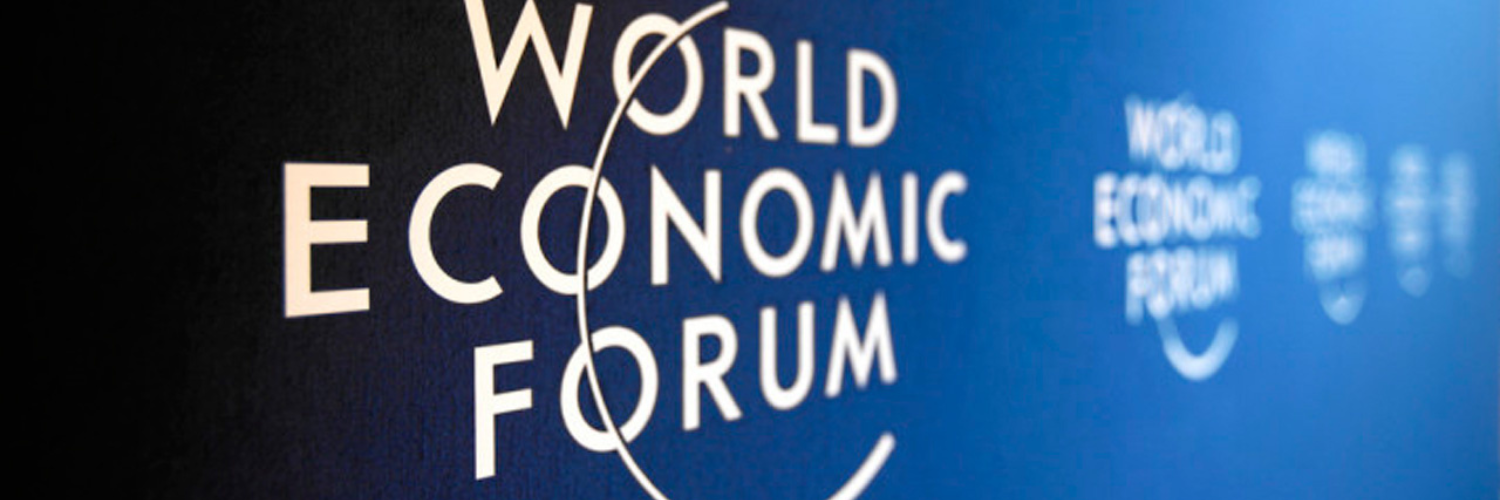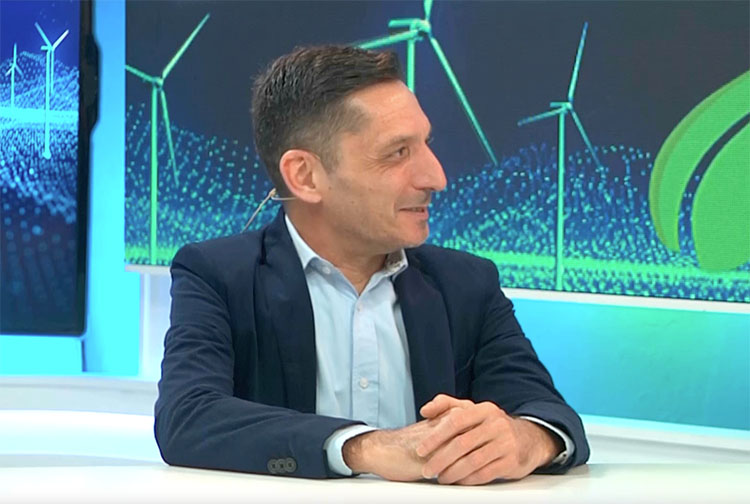

Davos Forum: what is it and what is it for
The annual World Economic Forum, which takes place in the picturesque Swiss town of Davos, brings together politicians, business leaders, academics and other influential personalities to discuss the economy’s future and reach agreements of great relevance to citizens around the world.
The World Economic Forum (WEF), also known as the Davos Forum, is a non-profit foundation based in Cologny, Switzerland, which was established as the Administrative Forum of Europe by German economist Klaus Schwab, the organisation’s founder and executive chairman, in 1971.
It has gone through several phases since its founding, but Schwab’s original goal was to bring together in the Swiss town of Davos leading European business executives, as well as members of the European Commission and leaders of academia from US universities, to introduce US management practices to foster cooperation.
In 1973, after the collapse of the Bretton Woods Agreements, the oil crisis and geopolitical conflicts, the focus of the forum was broadened from economic to international and social. Still, it was not until 1987 that the event changed its name from the former Administrative Forum of Europe to the current World Economic Forum. Today, the Forum is financed by the contributions of some 1,000 enterprising members.
Each annual edition of the Forum focuses on a particular theme, from “The New State of the World Economy” in the first edition in 1988, to “Rebuilding Trust” in this year’s edition. The idea remains to bring together world leaders from both the public and private sectors to address global economic challenges through international dialogue and cooperation.
Criticism of an elitist organisation
Given that some of those invited to the Davos Forum also attend the meetings of the Bilderberg Club or Bilderberg Conference, it is inevitable that the same criticism will arise, defining these meetings as an exclusive club for elites who look after their interests rather than the interests of the population.
And yes, it is easy to argue that the event is elitist and that the decisions taken may not only fall far short of representing the needs of the majority but are often laced with a good dose of hypocrisy. It escapes no one how, for example, during the debates about doing everything possible to avoid global warming and reduce our carbon footprint, almost all the leaders in attendance used private jets to travel to the Forum.
As New York Times economics correspondent Peter Goodman noted in his book “Davos Man”, it is a contradiction to ask billionaires and elites, whom critics accuse of causing the world’s biggest problems, to find ways to solve them. The main difference between the two forums is found in the greater opacity and lack of transparency of the Bilderberg group’s meetings, designed for more specific elites. That said, the foundation does not disclose its income or expenses, and in 2021, the Swiss government withdrew its funding to the organisation after repeated criticism from the Swiss public.
11Onze is the community fintech of Catalonia. Open an account by downloading the super app El Canut for Android or iOS and join the revolution!
Leave a Reply
You must be logged in to post a comment.





👌 bon article
Gràcies, Carles!!!
Gràcies
Gràcies, Joan!!!